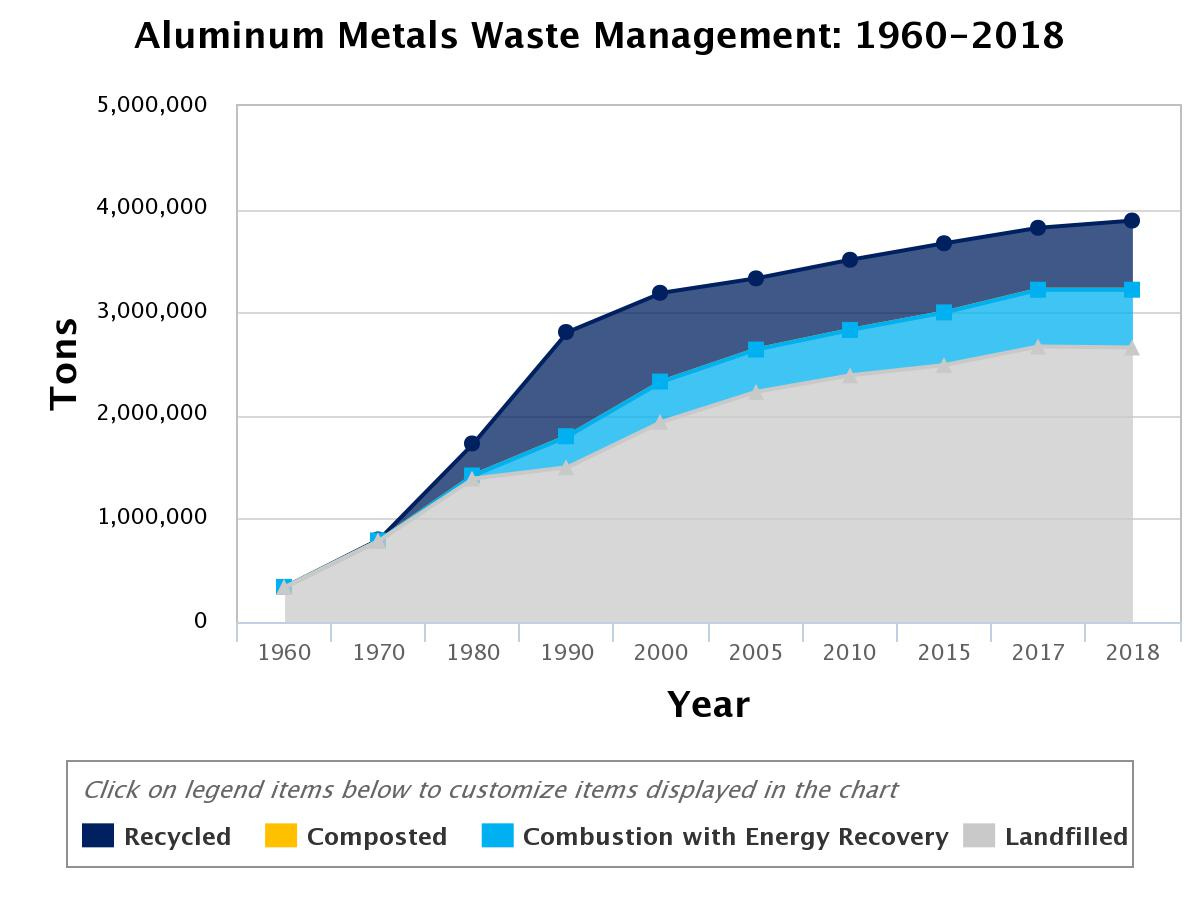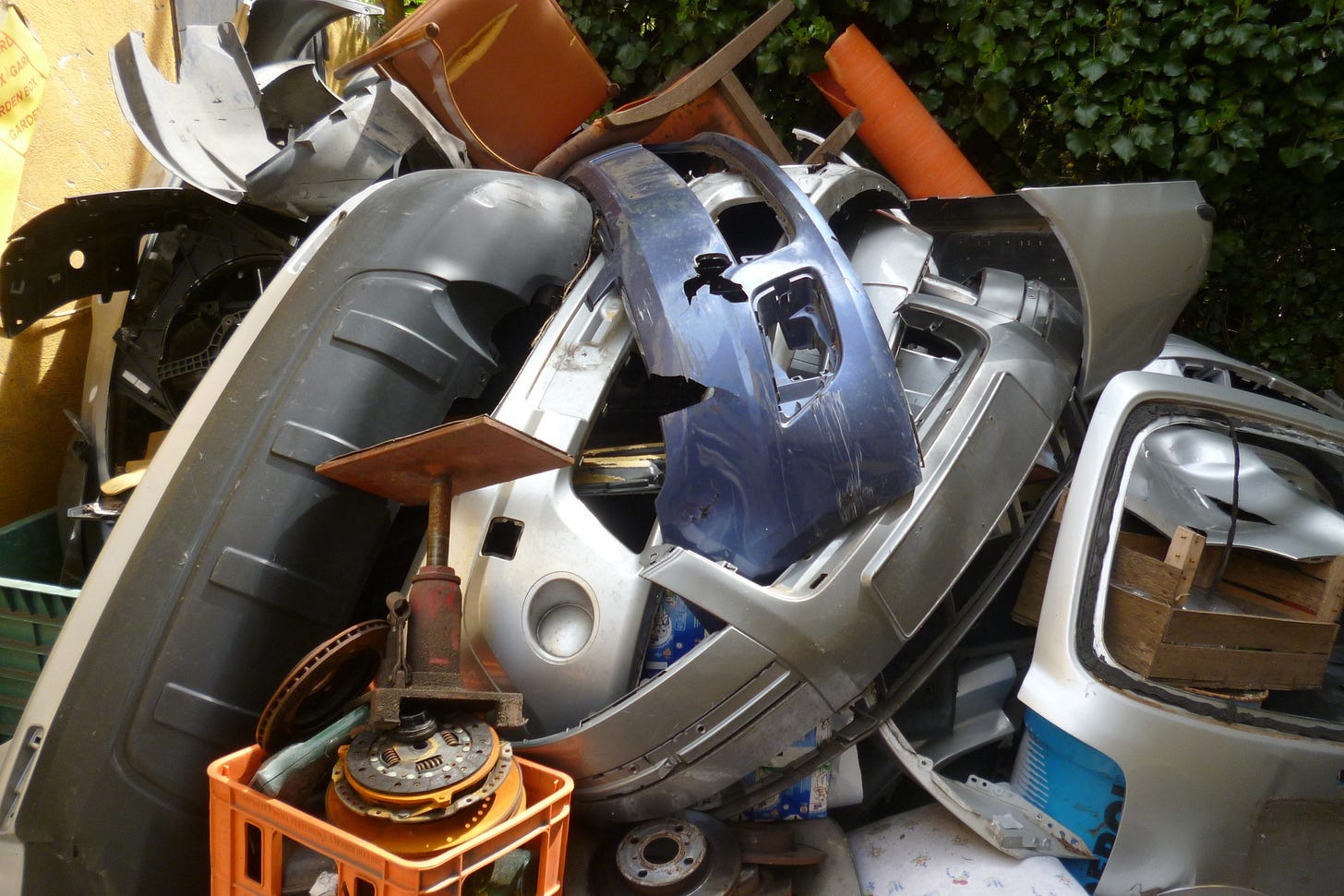I must admit to being more of the Transformational Circular Society school of thought “Sceptical about the capacity of technology to prevent socio-ecological collapse and holistic as they integrate many social justice and political empowerment considerations” than of the other types of circular economy discourses. But I try to keep an open mind whilst also checking facts and figures and following/doing the research.
Energy and it’s transformation is fundamental to all life systems. The use of such energy rich resources such as oil and nuclear has meant that our societies have developed in a particular way. For example without oil and therefore relying on manual labour and animal traction would mean far more people working to produce food. The proportion of food growers in many countries, on whom we all rely, is tiny when compared to other forms of work. In the UK agricultural workers number around 429,000 people of a total working population of approximately 32.8 million people. A transition to a completely circular economy, or better still economies is essential but we MUST do the accounts and do them correctly. If we don’t then we risk going down false paths which could make things even worse but would be a waste of time, effort and maybe lives.
The renewable energy fable
We need to switch to more renewable forms of energy, that’s for certain, but …. we can’t do this blindly and we must do Life Cycle Impact Assessments that are based on real data and research done by independant researchers.
Ok, so what we are being told by some is “business as usual but we green our economies and switch to renewable energy sources”. Sounds good except that all renewable systems are produced by industrial systems that are based on oil. Look at mining (needed for the metal and rare earths etc) : “The average energy needed for an open pit mine, calculated as 11,766 kWh/kilotonne in, or the average energy needed for an underground mine, 10,241 kWh /kilotonne, the energy needs for an open pit with refining, will be ൎ33,507 kWh/kilotonne.” source
No problem, let’s recycle materials. Ok fine, the easiest to recycle is aluminium and recycling this metal is relatively energy efficient compared to, say, glass. A quick check of the situation :
Reminds me of my school reports “can do better”.
Recycling can reduce by 94% the energy needed to produce aluminium when compared to mining it, which is a lot. About 621 billion kilowatt hours of electrical energy were used in the production of aluminium in 2010, about 3% of total global energy production. So recycling saves 94% of the 621,000,000,000 Kw/h, unfortunately 6% of a very, very big number is a very big number, in this case 37 260 000 000 kWh. More than the total electricity consumption of Denmark. The energy needed to recycle the aluminium today comes mainly from oil and nuclear, with some exceptions such as Iceland.
Solar panels (PV)
“It takes about 200kWh of energy to make a single 100-watt solar panel” source The figure comes from PV resellers and doesn’t include shipping and installation energy consumption. It would take an estimated 18.5 billion solar panels to power the USA so 37 000 000 000 000 kWh to produce them, the current PV production in the USA is around 850,200,000 kWh. The solar panels need replacing after 25-30 years.
This is getting depressing.
Cars
Around 15,800 KWh of electricity to build an average sized personal car. In 2021, 79.1 million motor vehicles were produced around the world ….. my calculator has broken.
In general one of the major problems is cherry picking data and not including factors that move conclusions away from those wanted. Switch to electric cars but avoid mentioning the oil that is used to produce the metal, plastic, copper etc. Avoid the fact that we will still need roads so tarmac, mining ballast and to supply the energy needed to rebuild and repair these artificial surfaces. Plus the lighting, plus the accidents, plus the health impacts of traffic noise (after a fairly low speed most noise comes from wheel to road impact), plus the microparticles coming from tyres and brakes, plus producing tyres .. etc etc and etc.
Despite the fact that the average UK car is parked at home 80% of the time the majority of people (72%) in the UK drive to work. which would seem to suggest that taking cars away would collapse the UK economy even worse than a recent Prime Minister of theirs. Most, if not all economies are similar to the UK they depend to different degrees on personal private transport, the vast majority of which run on oil. Is a circular economy possible in the context of economies that rely on personal oil powered transport? Can car production/use/disposal ever be truly circular? Governments are pushing people towards electric vehicles yet we still have no serious way of recycling the batteries. Recycling the metal can be done but again needs oil to power it, to make them lighter many modern cars are built with a lot of plastic the recycling of which can be difficult and again depends on oil.
The question which comes from any Life Cycle Impact Assessment (LCIA) is where is the energy going to come from? How can we find the energy needed to recycle materials? How can we find the energy needed to maintain the existing infrastructures? The answer for some is of course nuclear power, the current French President has gone from wanting to reduce nuclear power production to pushing for at least 6 new reactors. Despite “Construction of a second new EPR unit at Flammanville, France, was begun in 2007 and is already three years overdue (10 years now) with a more than doubling of projected costs. Regulators in France have also recently discovered “very serious” weak spots in the reactor there.” world economic forum. This isn’t by any means a single case but is representative of all nuclear power station projects. One thing lacking from the polemics coming from nuclear power supporters is a LCIA which includes nuclear waste disposal, an as yet unresolved problem.
Fusion power? About every 10 years it’s announced that fusion power is only around 50 years away.
As a Permaculture designer I know that we can all live pretty well, have decent houses, have good work, preserve the environment. I also know, as another hat that I wear is being an environmental scientist, that things have to change in a much more radical way than people are being prepared for. This essential change is being blocked and slowed by any number of people who have vested interests in the status quo. They continue the big lie that things can continue as theiy are but just be greener, swop your petrol car for an electric one, put solar panels on your poorly insulated, badly built house. Providing that your house isn’t falling off a crumbling cliff or being washed away by rising sea levels of course.
Reduce
The poor, unsung, unwanted cousin to recycle. Who wants to do that? Frankly not many people because discussions around ‘Reduce’ tend to be transformed into a vision of a bunch people huddling around a candle, wearing animal skins with stinging nettle underwear, eating lentils and sharing a bucket as the toilet. The current French President is one person who promotes this sort of distopian vision.
Strangely enough ‘reducing’ can be a win/win situation. Reducing intake of tobacco, ultra-transformed foods, meat etc etc is good for personal health and has ecological benefits too. Reducing domestic heat loss through better insulation is another example. If we wish to promote the ‘reduce’ argument we’ll need a lot of good marketing behind it to counter the false promises of governments and industries. It could be argued that poisoning people with ultra processed foods is a crime against humanity and should be condemned as such. Campaigns to reduce all forms of personal and ecological contamination could, should, provoke a response from the insurance industry and cause them to stop insuring those toxic industries who may face court action in the future.
There are a lot of urban forestry projects around the world, planting trees in urban environments has a number of advantages. These range from reducing air pollution through to crime reduction, we can go even further and ensure that a lot of these trees produce food, as with community orchards. These type of community intergrated agricultural projects help people reduce their food bills by providing fruit and nuts. Local farms can produce the materials needed to insulate houses as well as food for the nearby consumers. This locks in carbon as insulation and as the material is organic it can be reused when it’s insulation capacity dwindles. The same cannot be said of rockwool and fibreglass insulation which is a future environmental contaminant and not a future resource. Mindsets have to change, the local authority here in this part of Brittany insists that all new houses have ‘traditional’ slate roofs. The slates come from Spain as the local quarries here were exhausted decades ago. Yet many houses were traditionally thatched and there are still examples all over, thatch is both the roof and the insulation, it’s time to replace the people running the local authority here.
‘Reduce’ is a word that tends to have negative connotations and the synonyms even more so. Maybe we can find another word that is more attractive? I’m open to suggestions. We can also take into consideration the Pharaoh complex, the bigger the better type of thinking. It is often possible to think in terms of smaller systems with more units. Years ago I promoted micro wind vertical axis turbine systems designed to be installed all along the central reservation of road networks, an idea which is now being discussed again.
With Permaculture we talk a lot about design, in fact this is at the heart of what Permaculture is about. Analyse a system, reveal what works well and should be preserved, reorganise those aspects that are inefficient/wasteful and eliminate everything that is toxic or damaging. The system will then be redesigned to ensure that there is no ‘waste’, everything is cycled in the system thanks to positive/positive links between elements. When eventually a resource leaves an area it is in better condition than when it arrived. Water being a good example of this, no more releasing contaminated water to wash down to the neighbours. These holistically designed systems reduce needs and at the same time improve the quality of life for people and other forms of life. In fact during the design process we say '“reduce before thinking about producing”, a community energy needs analysis will explore all the wastage and unecessary consumption first. Then we go on to working out how to produce for these needs whilst staying within local ecological boundaries.
To sum up, the problem with many if not most of our current activities is not the activity itself but more usually how we have come to do them. Having a holiday and going to visit somewhere isn’t intrinsically a problem and it could be argued that it’s a good thing. Flying off to distant countries is problematic and has a massive negative environmental impact. Taking the dog for a walk could be seen as a good thing, taking the car to drive somewhere to walk the dog is less good.
We have exchanged quantity for quality, the latter is now a luxury good. The ‘reduce’ argument can be reformulated to mean a positive life enhancing way forward. Better quality means less quantity and less quantity means lower ecological costs.








Comfort, even it is toxic, seems to be more important to many people than respecting future generations, even when it's their own children who will inherit the shit
Is private vehicle entitlement a main reason why climate warnings fall on deaf ears? Is another because socio-economic infrastructures have been built up completely around car ownership?